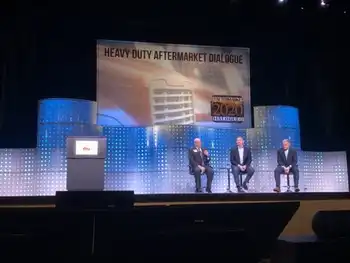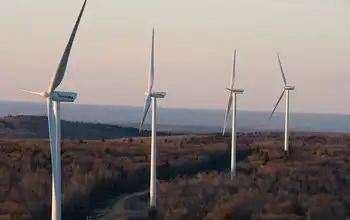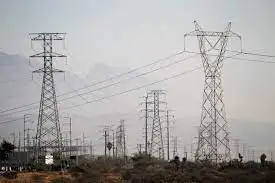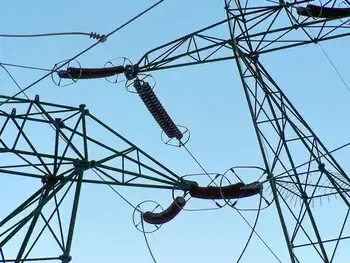Carbon pricing key to coal pollution plan
- The key to developing technology to store coal plants' pollution underground is charging them for the carbon dioxide they release into the air, an administration task force says.
The experimental technique is aimed at reducing pollution blamed for contributing to global warming.
In the report, the task force says that without a price for carbon pollution, there is no framework for investing in the underground storage technology, known as carbon capture and storage — or CCS.
According to the report, coal-fired power plants are the largest contributor to U.S. greenhouse gas emissions, which is why the Obama administration is making a big push for "clean coal." The Energy Department is funding demonstration projects with $4 billion in federal funds, matched by more than $7 billion in private investments.
Senate Democrats were forced to shelve plans for climate legislation last month because they couldn't get enough Republicans to support it. The GOP assailed the bill as a "national energy tax" and jobs killer, arguing that the costs would be passed on to consumers in the form of higher electricity bills and fuel costs.
President Barack Obama created the task force in February, charging it with coming up with a plan to overcome barriers to widespread, cost-effective deployment of carbon storage technology within 10 years — with a goal of bringing five to 10 commercial demonstration projects online by 2016.
A big issue hanging over the developing technology is liability costs if something goes wrong. A sudden release of large amounts of carbon dioxide can kill by asphyxiation. In 1986, 1,700 people died when a cloud of carbon dioxide escaped from a volcanic lake in Cameroon.
The report offers several options to address the liability issue for carbon storage facilities: limits on claims an industry-financed trust fund to pay damages after a site is closed transfer of liability to the federal government following a site closure or maintaining the current legal framework.
Despite questions about the technology, the report says there are no insurmountable barriers. But early projects do face "first-of-a-kind technology risks" and high costs, the report says.
It calls on federal agencies to help by coming up with rules governing such projects.
The task force, led by the Environmental Protection Agency and the Energy Department, included input from 14 federal agencies, CCS experts and others.
Related News
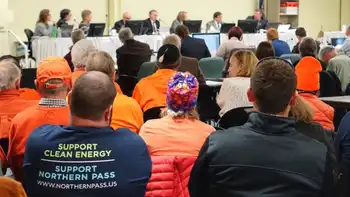
New Hampshire rejects Quebec-Massachusetts transmission proposal
MONTREAL - Regulators in the state of New Hampshire on Thursday rejected a major electricity project being piloted by Quebec’s hydro utility and its American partner, Eversource.
Members of New Hampshire’s Site Evaluation Committee unanimously denied an application for the Northern Pass project, a week after the state of Massachusetts green-lit the proposal.
Both states had to accept the project, as the transmission lines were to bring up to 9.45 terawatt hours of electricity per year from Quebec’s hydroelectric plants to Massachusetts, through New Hampshire.
The 20-year proposal was to be the biggest export contract in Hydro-Quebec’s history, and would generate up to…

